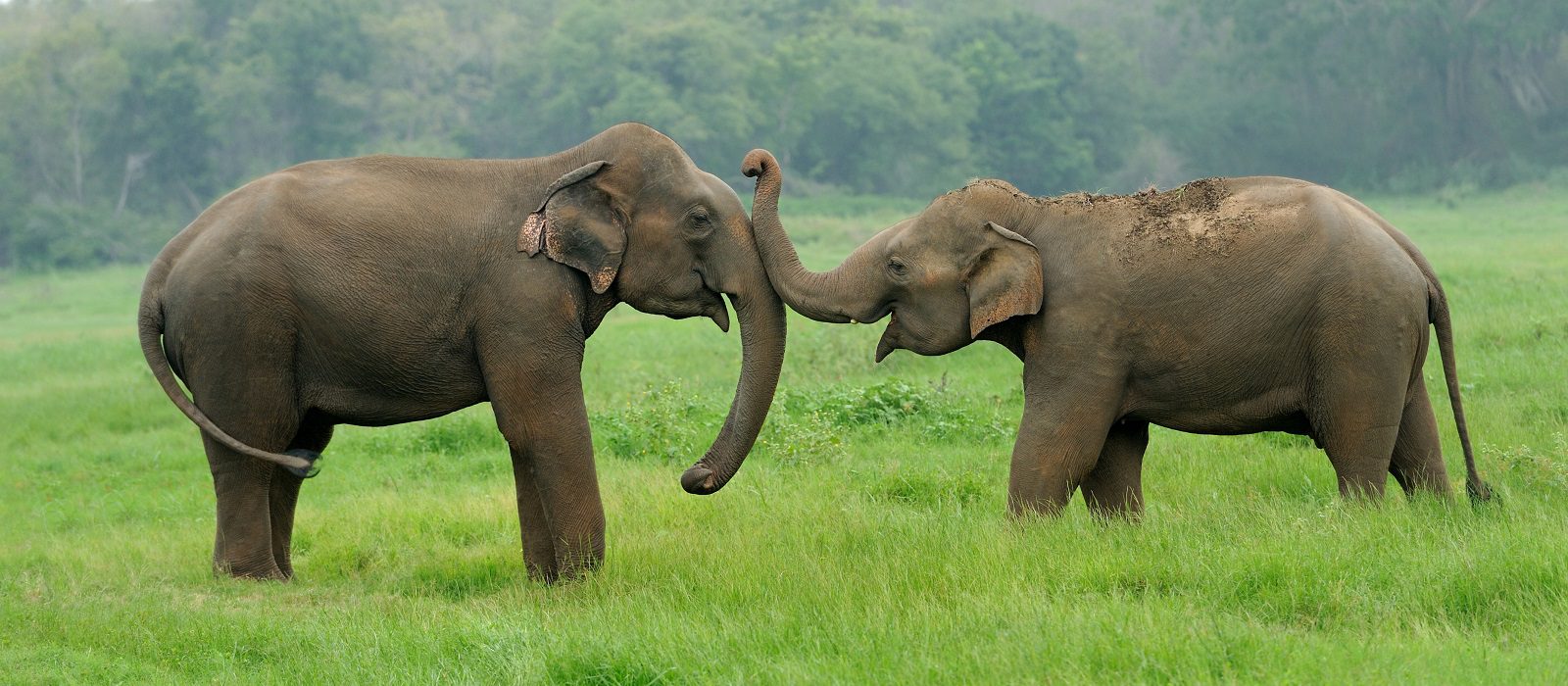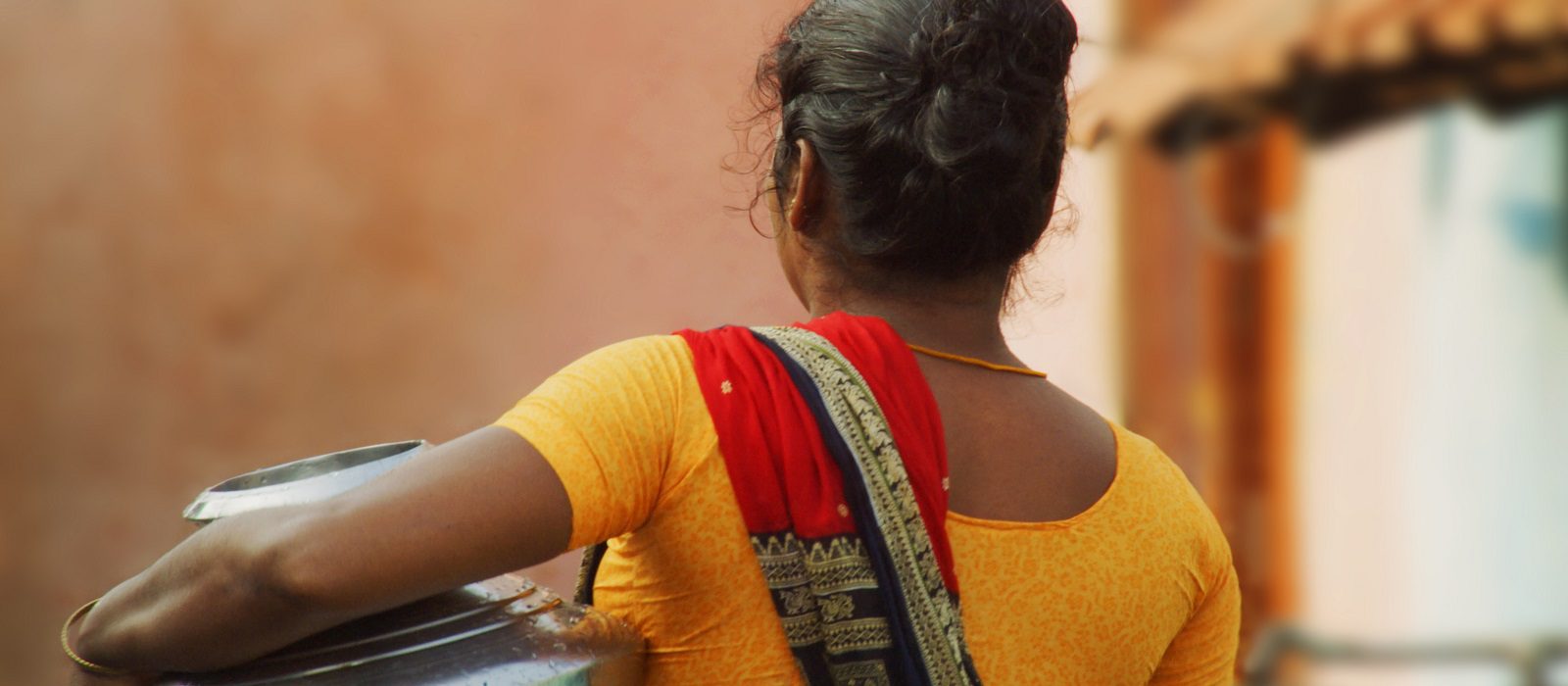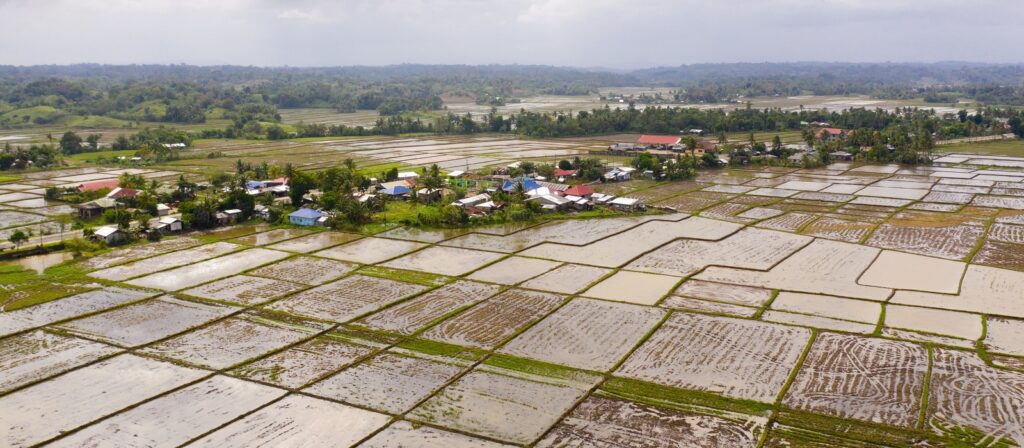Sri Lankan ICMIF member Sanasa Insurance Company is taking part in a pilot programme to provide innovative insurance policies for farmers whose crops and property are often trampled by elephants. Elephants can stray onto farms and cause a lot of damage to crops and vegetation, which may also exacerbate any existing drought conditions.
Human-wildlife conflict (HWC) imposes major economic and human costs on poor farmers in many parts of the world, particularly around protected areas and elephants are a major source of HWC in both Africa and Asia. They trample or eat crops, damage property, and sometime cause human injury or even death. In many cases this can then lead to the killing of the elephants by local people, either in defence or as a means of revenge, or through their support for illegal killing by poachers.
The insurance policies will provide financial rewards that help the farmers and save the animals from retaliatory attacks. The pilot is also taking place in Kenya. It was devised by the Institute of Policy Studies of Sri Lanka (IPS), AB Consultants (Kenya), the International Institute for Environment and Development (IIED) with funding from the UK government’s Darwin Initiative.
The schemes aim to sign up a minimum of 1,000 farmers in each country. In Sri Lanka, Sanasa will be offering policies to individual households. Farmers would pay the equivalent of around USD 16 per year to cover crop damage, hospitalisation and grain stores. As the country claws its way back from a severe financial crisis, the premiums at less than 2% of a farmer’s income, are designed to be affordable.
Susila Abesysinghe, a farmer and mother of two grown up children in Dhaladagama village, Kuranegala in central Sri Lanka, said: “When it’s mango and jack fruit season, elephants keep coming into our villages and destroying everything. It has badly affected our finances… We will be happy if there’s an insurance policy created… Our lives, properties and farms need to be covered.”
Achieving peaceful coexistence between humans and wildlife was high on the agenda when the COP15 biodiversity talks took place in December 2022. The talks aimed to come up with a new global accord that will halt and reverse the loss and destruction of the planet’s plants, animals and ecosystems. An early draft of the new framework included the ambition to conserve 30% of the world’s land and oceans by 2030.
Paul Steele, IIED’s chief economist, said: “Conflict between humans and wild animals is a direct outcome of people’s expansion into wildlife habitats, encroaching both on animals’ living space and the routes they use to move between different areas.
“Not only does it lead to loss of life for both people and animals, it also takes a heavy financial toll on poor farmers in many parts of the world. This insurance scheme could offer a way to protect wildlife and improve the lives of rural farmers.”
Elephants often compete for space in rural areas with small-scale farmers who find their crops trampled or eaten by the animals as a result. In 2018, 96 people and 319 elephants were killed in incidences of human-elephant conflict recorded by Sri Lanka’s Department of Wildlife Conservation. There were 730 cases of property damage recorded.
Although a number of elephants die each year of natural causes, many are shot, electrocuted or killed by explosives as farmers struggle to protect their crops and homes. Fear of attack means people, especially children, often stay at home after dark.
In Kenya, the pilot insurance scheme will cover other wildlife including lions, hyenas, leopards and cheetahs, not just elephants. According to records kept by the Kenya Wildlife Service, 137 people were killed in 2016 (the last full year for which there are data). Over 1,000 people were injured. Snakes, elephants and hippos were the top three species involved. In the same year, there were over 4,500 incidences of crops or property destroyed by animals with elephants responsible for the most damage and destruction.
While government-run insurance schemes have been tried in both countries, they were slow to make pay outs and didn’t always reach all those in need of help. It is hoped that existing private sector insurers should have the skills and experience to manage policies and verify claims quickly.
The IIED is also working with an actuarial consulting company and an environmental NGO in Malaysia to launch the scheme there and there is interest to expand the use of private insurance further to other countries where human-wildlife conflict is growing.
AB Consultants is a consulting firm based in Nairobi, Kenya and set up by two women to promote inclusive insurance as a tool for alleviating poverty. The team at AB Consultants includes Dr Nelson Kuria, Chair of ICMIF member CIC Insurance Group (Kenya) and a trustee of the ICMIF Foundation.
The Institute of Policy Studies of Sri Lanka (IPS) is an independent think tank that aims to contribute to socio-economic development through policy-oriented economic research.
The Darwin Initiative is a UK government grants scheme that helps to protect biodiversity and the natural environment through locally based projects worldwide.
Based on a press release previously published on iied.org.




